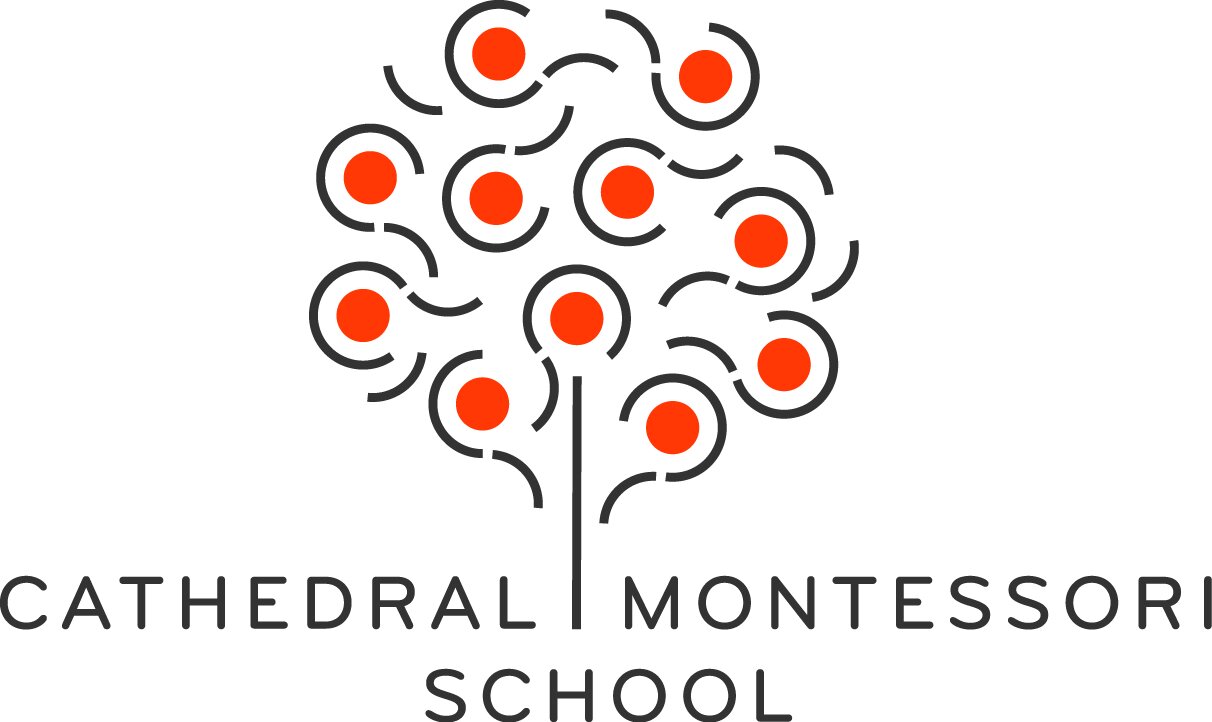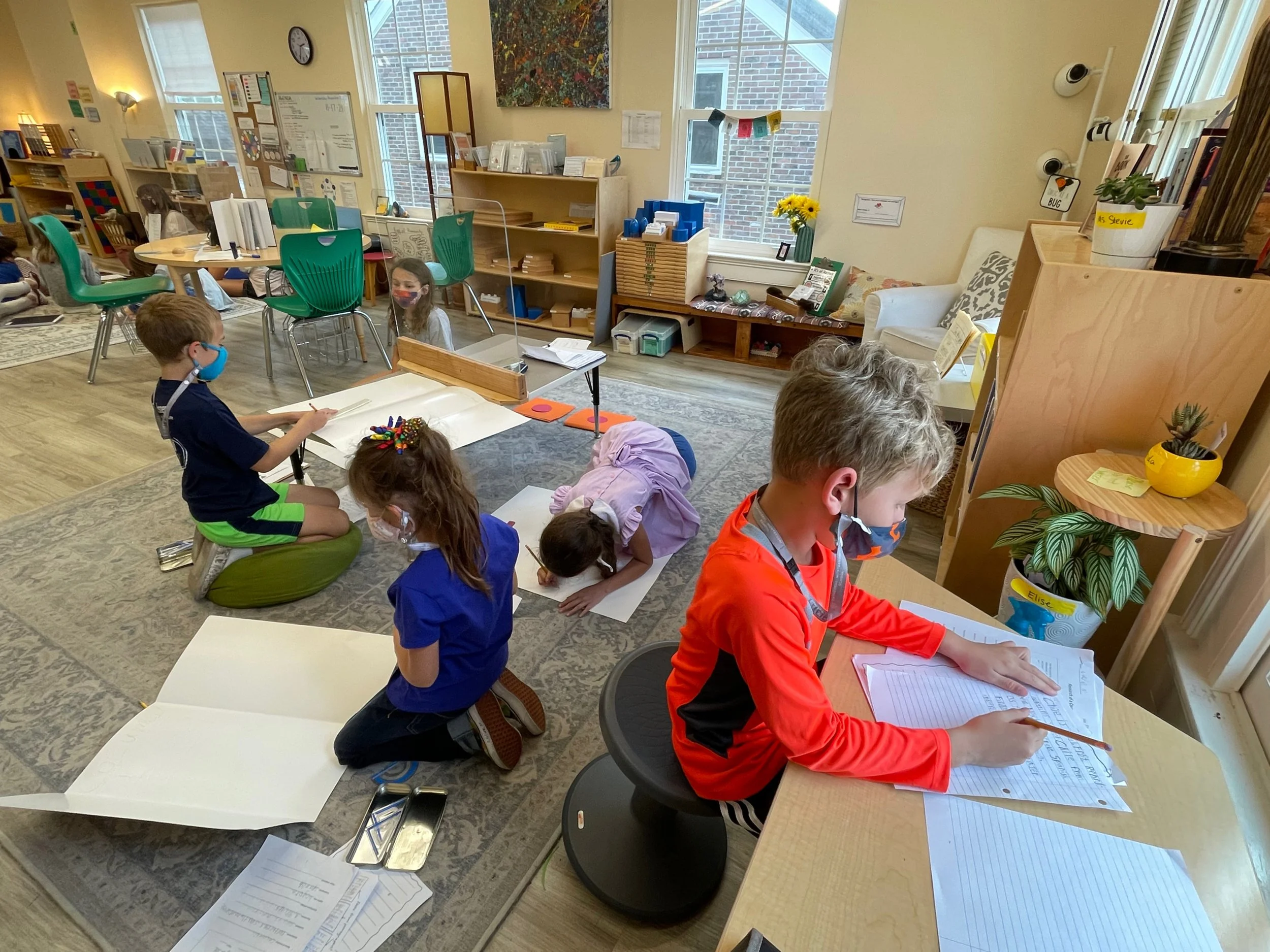“Education must no longer be based upon a syllabus, but upon the knowledge of human life.”
— Maria Montessori
What Is Montesssori?
The goal of a Montessori education is to foster lifelong learners and problem solvers. The Montessori philosophy helps children to build confidence and to become self-motivated in the classroom and beyond. Maria Montessori believed that education is a process that occurs naturally and spontaneously by the child. Basing her methods on scientific observations of children, Montessori identified specific sensitive periods during which the child is intrinsically motivated and given to concentrate on particular activities that meet his or her developmental needs. In the Montessori classroom, children are given time to construct their own knowledge and it is the teacher’s job to stimulate this learning by making problems more complex, engaging, and difficult. To support self-directed learning, Montessori classrooms provide a “prepared environment” where children are free to respond to their own impulses to work. The classroom is divided into areas for the discovery of science, math, practical life, art, culture, language, and the sensorial. In line with current childhood development theories, Montessori believed in the inseparability and importance of the child’s physical, social, emotional, aesthetic, spiritual and cognitive selves. Following this philosophy, Montessori children grow to become autonomous, responsible, and adaptive members of the broader community who encounter the world with a joyful spirit.


